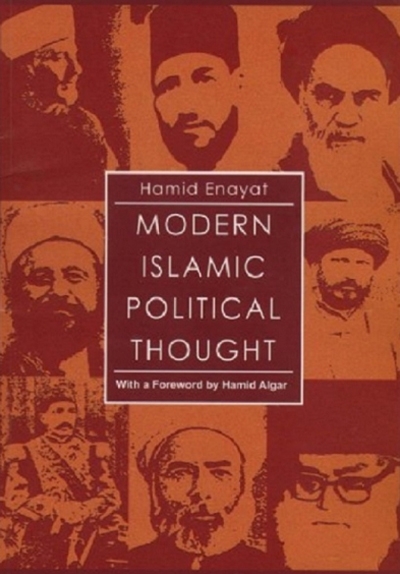



History does not move in leaps and bounds. Most Muslims involved in Islamic activity, especially of the political party variety, want immediate results.
Over the last 1400 years, Muslims have developed a number of ‘schools of thought’ and systems of law (fiqh). In the global conditions prevailing today, there are a number of approaches, or systems of ‘political thought’, competing with one another.
This paper outlines Dr Siddiqui’s understanding of Muslim history, developed over several decades, which are the essence of his political ideas. For Muslims struggling everywhere to change the political and social problems confronting us, this paper offers exciting insights and ideas, and suggestions for conceptualizing the problems facing us. It is especially useful for those in the 'Sunni' part of the Ummah, as it places the Islamic Revolution in Iran in the broader context of Islamic history and enables its essence to be understood outside the Shi’i context of Iran’s particular experience.
[Kalim Siddiqui, Political thought and behaviour of Muslims under colonialism, London: The Muslim Institute, 1986. This was the keynote paper presented at the Muslim Institute World Seminar on ‘Muslim Political Thought during the Colonial Period’, London: August 6-9, 1986. It was reprinted as the introduction to Kalim Siddiqui (ed), Issues in the Islamic Movement 1985-86, London and Toronto: The Open Press, 1987, and in Zafar Bangash (ed), In Pursuit of the Power of Islam: Major Writings of Kalim Siddiqui, London and Toronto: The Open Press, 1996.]
Conference Papers to be updated.
[Kalim Siddiqui, Primary goals and achievements of the Islamic Revolution in Iran, London: The Muslim Institute, 1984. This paper was Dr Siddiqui's keynote speech at the Muslim Institute's World Seminar on ‘The Islamic Revolution in Iran: Achievements, Problems and Prospects’ held in London from August 8-11, 1984. It was reprinted as the introduction to Kalim Siddiqui (ed), Issues in the Islamic Movement 1983-84 (London and Toronto: The Open Press, 1985) and in Zafar Bangash (ed), In Pursuit of the Power of Islam: Major Writings of Kalim Siddiqui (London and Toronto: The Open Press, 1996).]
[Paper presented at the Muslim Institute's World Seminar on ‘State and Politics in Islam’ in London in August 1983. It was also published as the introduction to Kalim Siddiqui (ed), Issues in the Islamic Movement 1982-83, London and Toronto: The Open Press, 1984, and reprinted in Zafar Bangash (ed), In Pursuit of the Power of Islam: Major Writings of Kalim Siddiqui, London and Toronto: The Open Press, 1996.]
In the aftermath of the triumph of the Islamic Revolution in Iran, publications on Islam and politics began to flood the academic and pseudo-academic book market in the West. In the midst of such staggering amount of writings, whether of a serious or pamphleteering type, this book offers a lucid and well-argued interpretations of modern Islamic political thought that is indispensable for the understanding of much of the current political developments in the Muslim world. Hamid Enayat's Modern Islamic Political Thought, first published in 1982, at once distinguished itself from its mass of turgid competitors . It was the fruit not of a sudden adjustment of focus but of a longstanding interest, of prolonged reflection, rich and varied experience, and real erudition.
1Muslims everywhere are impatient for change. Impatience itself is not bad. It shows that Muslims are alert and anxious to see change in their societies. This springs from the fact that they are dissatisfied with the status quo. This is also a positive sign.

